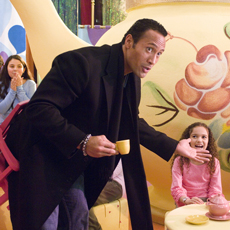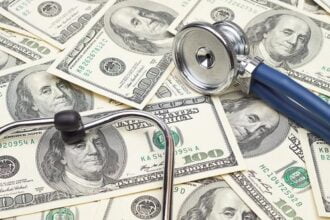The Rabbis of the Talmud decreed that having sex on Friday is a Mitzvah (a must do)! But I have a sneaking suspicion they didn’t have athletic performance in mind. On the other hand, for many years, football coaches, Olympic athletes, and even Muhammad Ali, have advocated sexual abstinence the night before an athletic event. Marty Liquori, one the world’s number one-ranked 5,000-meter runner believes that Sex makes you happy, and happy people don’t run a 3:47 mile. Marv Levy, head coach of the Buffalo Bills, insisted that the team be separated from their wives before their appearance in four Super Bowls; a policy that apparently was not successful (four losses out of four Super Bowls).
On the other hand, there are also plenty of anecdotal stories of athletes who claim to have benefited from sex the night before an event. Both U.S. track star David Wottle and Canadian downhill skier Karin Lee Gardner attribute their Olympic gold medals in part to their pre-race preparation.

British curler Ewan MacDonald, left, might be craving human contact after more than a week of sleeping alone
So who is right? Clinical Journal of Sports Medicine tried to shed some light on this dark corner of physical activity. Of the 31 articles they looked at, only 3 were scientific studies (all physiological). All of these studies suggested that sex the night before competition does not alter physiological testing results. For instance, 14 married male former athletes were given a maximum-effort grip strength test the morning after coitus, and the same test following at least 6 days of abstinence. The results suggested that strength and endurance of the palmar flexing muscles are not adversely affected by sex the previous night. An unpublished follow-up to this study was conducted by researchers at Colorado State University on 10 fit, married men, ages 18-45 years. In their tests for grip strength, balance, lateral movement, reaction time, aerobic power (stair-climbing exercise), and VO2max (treadmill test), the results did not change with sexual activity. Finally, the results from a 1995 randomized cross-over study suggested that sexual intercourse 12 hours prior to the test had no significant effects on maximal aerobic power, oxygen pulse, or double product (the product of heart rate and systolic blood pressure. Double product is used as an estimate of myocardial (heart muscle) work and is proportional to myocardial oxygen consumption. Strength training reduces the resting double product, indicating a decrease in myocardial oxygen consumption at rest).
So why is there a question at all about sex the night before an athletic competition? The long-standing myth that athletes should practice abstinence before important competitions may stem from the theory that sexual frustration leads to increased aggression, and that the act of ejaculation draws testosterone from the body. My response is that normal sexual intercourse between married partners expends only 25-50 calories (the energy equivalent of walking up two flights of stairs), and even allowing for double the calories expended between unmarried partners (a reasonable assumption, in my humble opinion), if this kind of activity affects your athletic performance the next day -you are seriously out of shape. And the amount of testosterone in the ejaculate is so miniscule that if it affects your total testosterone levels, you need to visit your urologist.
As the legendary New York Yankees manager Casey Stengel summed it up, it’s not the sex that wrecks these guys, it’s staying up all night looking for it. I couldn’t have put it better.









